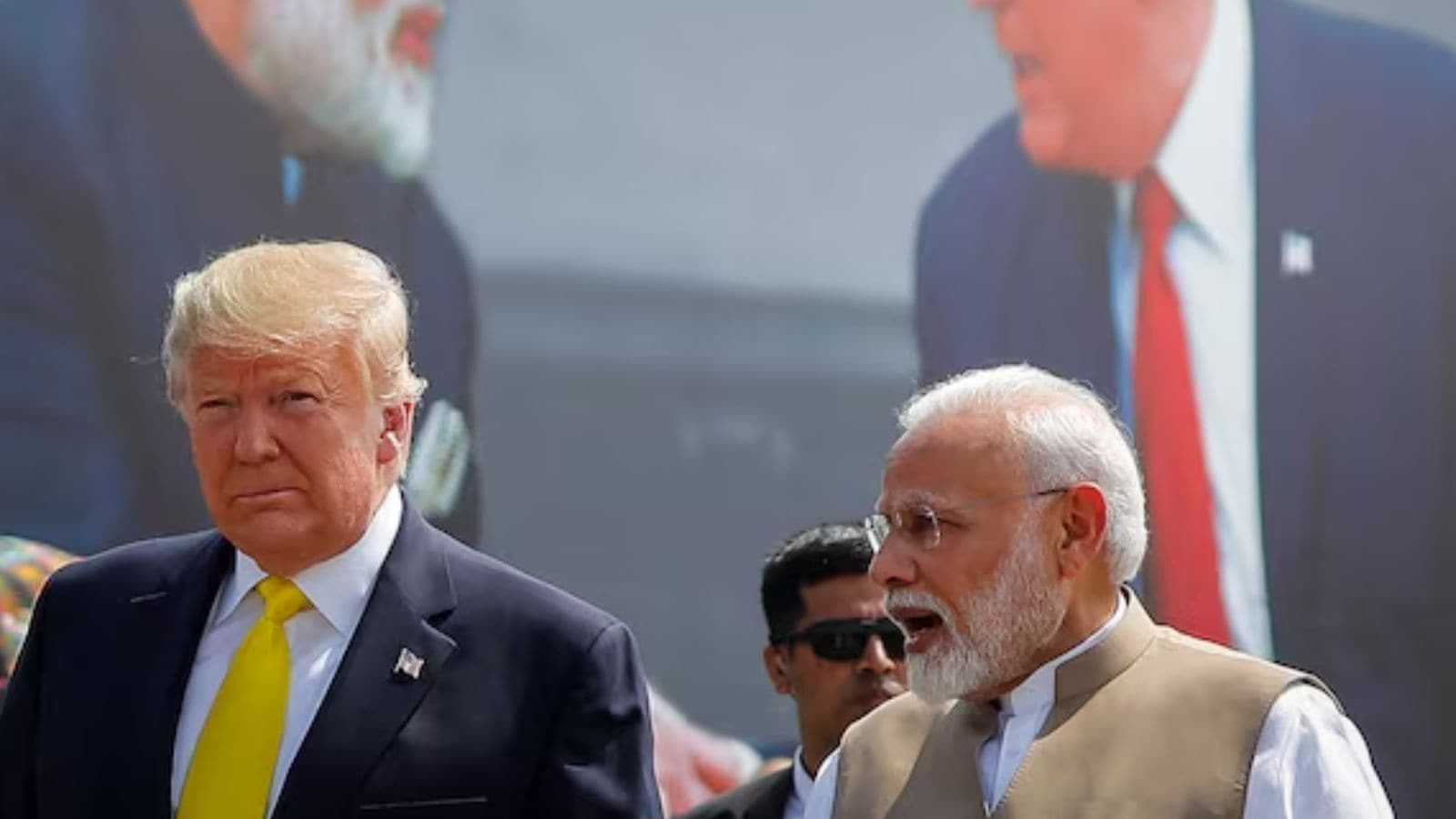 |
|
The potential for a significant shift in US-India relations is brewing, as Prime Minister Narendra Modi is poised for a visit to the United States, likely between February 12th and 14th. This visit holds immense implications, particularly regarding the anticipated commencement of negotiations for a free trade agreement (FTA) between the two nations. The timing is noteworthy, given President Trump's past pronouncements characterizing India as a 'tariff king' and an 'abuser of tariffs,' creating a backdrop of tension and the threat of substantial tariffs on BRICS countries. The proposed FTA negotiations represent a crucial attempt to address these concerns and navigate the complexities of a bilateral trade relationship valued at nearly US$200 billion.
The impetus for this diplomatic overture stems from the substantial trade imbalance between the US and India, with a surplus consistently favoring India, often ranging from US$40 to US$50 million. This imbalance has been a significant point of contention for President Trump, highlighting the need for a comprehensive and balanced trade agreement that addresses both nations' interests. While no official dates have been confirmed, sources indicate that both the Indian Ministry of External Affairs and the White House are actively working towards finalizing the visit. The possibility of a meeting between the two leaders during the Artificial Intelligence Action Summit in Paris on February 10-11 is also being considered, though President Trump's attendance hasn't yet been officially confirmed.
Beyond the economic dimensions, the visit also carries significant weight concerning immigration policies. President Trump's recent crackdown on illegal immigration, including the deportation of Indian nationals, has raised concerns within the Indian government regarding the potential impact on legal immigration channels. India is keenly interested in ensuring that any immigration measures remain targeted at illegal immigration and do not inadvertently affect legal immigrants, including students, skilled professionals, and business travelers. This sensitive issue necessitates careful handling during the upcoming discussions and will likely form a significant part of the bilateral agenda.
The upcoming meeting represents a high-stakes endeavor to reconcile divergent interests and forge a more equitable trade relationship. The success of these negotiations will have far-reaching implications for both economies and will significantly shape the future trajectory of the US-India strategic partnership. The pressure is high on both sides to achieve a mutually acceptable outcome that will address concerns about tariffs, trade imbalances, and immigration policies. A failure to reach an agreement could have significant repercussions, impacting international trade dynamics and potentially escalating tensions between the two nations.
Looking ahead, the potential for a successful FTA hinges on several key factors. These include a willingness on both sides to engage in good faith negotiations, a commitment to finding mutually beneficial solutions, and a recognition of the intertwined economic and political interests at play. The intricacies of tariff negotiations, the balancing of market access, and the sensitivity of immigration policies will all require delicate maneuvering to reach a mutually acceptable outcome. The global implications of this relationship, particularly in the context of rising trade tensions globally, cannot be overstated. The US-India bilateral relationship will serve as a key barometer of international trade relations in the coming years.
The context of this meeting is also significant within the broader geopolitical landscape. Both India and the US are major players in the global economy and their relationship is critical in shaping the global political order. Any agreements reached between the two countries will have reverberations throughout the world, influencing trade deals, international norms, and overall geopolitical stability. The outcome of the discussions will therefore be closely watched by governments and businesses worldwide, anxious to see how the two nations navigate this pivotal moment in their relationship.
Source: India-US free trade pact negotiations on the cards, PM Modi to likely meet Trump next week
